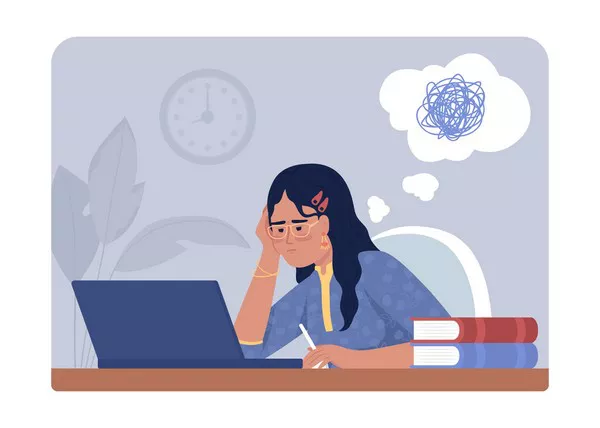The rise of digital health technologies has opened new avenues for ADHD management. A recent study published in JAMA Psychiatry evaluated the effectiveness of an AI-powered mobile app, MindfulADHD, in improving focus and reducing impulsivity. The app uses machine learning to personalize cognitive training exercises based on real-time user data, such as attention span and task completion rates.
In a randomized controlled trial involving 500 adolescents with ADHD, those who used MindfulADHD for eight weeks demonstrated significant improvements in sustained attention and working memory compared to a control group using standard behavioral therapy. The app’s adaptive algorithms adjust difficulty levels dynamically, ensuring that users remain engaged without feeling overwhelmed.
Another innovation in this space is the FDA-cleared video game EndeavorRx, which has been shown to enhance attention in children with ADHD. Recent updates to the game incorporate EEG-based neurofeedback, allowing players to control gameplay using their brainwaves. This biofeedback mechanism trains users to maintain optimal focus states, reinforcing positive neural patterns over time.
Experts believe that digital therapeutics could complement traditional treatments, offering scalable and accessible solutions for underserved populations. However, challenges remain, including ensuring equitable access and addressing data privacy concerns. As research progresses, these tools may become integral to ADHD care, bridging gaps in current treatment paradigms.
You Might Be Interested In:
- Anxiety: Symptoms, Types, Causes, Prevention & Treatment
- Seasonal Affective Disorder: Symptoms, Causes & Treatments
- The Rise of Digital Therapeutics: FDA-Cleared Apps for Adjunct Psychopharmacology

